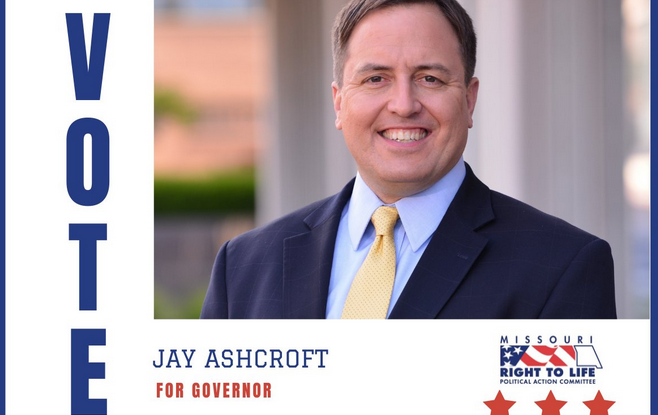Photos: YouTube
Central to the idea and cherished hope of Black American (Afrodescendant) nation state formation is forging an effective and successful economy. How can this be achieved?
We often return to Prof. John Henrick Clarke’s reminder that “running a nation state is like running a candy store; if you can conceive of one, then you can conceive of the other.”[1] Keeping it simple, an economy must provide for citizens’ demand for goods and services, and it must ensure that citizens have the wherewithal to obtain the goods and services demanded. How the state fulfills and balances these requirements is a core question.
Should a Black American nation state adopt capitalism, socialism, or communism—or some mutation there of—as the model for economic operations? We should not be monolithic.
As in most of the world’s economies today, this three-part menu should be sampled when making decisions concerning the most appropriate model to apply to specific aspects of the economy. Collection of sufficient economic data facilitates analyses that can produce sound economic decision-making. However, the overarching guide to economic decision-making should be to build on the following foundational economic mindset:
A Black American nation state should reflect a mindset of meeting the needs of its citizens and fostering natural and perpetual human advancement without inflicting undo harm on its people or on the physical environment.
To operationalize this mindset, citizens of the nation state should commit to ceaseless cooperative and collaborative efforts, and to spurn hoggishness. We should be indelibly unified and wedded to the knowledge that we are alone in the world, and that we must do whatever it takes to survive and flourish as a people. We should remember that one can: Eat only one meal at a time; wear only one suit of clothing at a time; be in only one room at a time; engage in only one mode of transportation at a time; and, generally, can engage in only one activity at a time. Consequently, we should look askance not at abundance, but at gluttony.
What we know from observing creation is that nature addresses imbalances— sometimes harshly. In addition, the only permanence in creation is change. Therefore, the pursuit of continuous growth policies isdestined to failure. Comprehending economic accelerations, decelerations, upturns, and downturns, we should remain keenly aware of, and prepare for, these inevitable developments without attempting to eliminate them altogether.
Most importantly, we should realize that the current, but ending, Eurocentric era is characterized by an untethered pursuit of materialism. This mindset has driven the globe toward environmental disaster (we may also, unknowingly, be approaching biological disaster) due to flawed thinking that each resulting miscue can be resolved by emerging knowledge and technologies. Hence, the Black nation state should operate on a “get it right the first time” principle by continuously consulting history and elders with vision. We should keep asking: “Then what?”
Black Americans and the world have been away from the natural order of things far too long. It will take some time for us to return to a correct vision of how to manage and benefit from the paradise that is available to us. Let us not be afraid to meet the challenge. Let us not be afraid to endure a little more hardship, with which we are awfully familiar.
And let us embrace the notion that, “if it cost our lives,” then we will not halt our efforts until we have forged a favorable economy that meets our needs and ensures our place on the planet for all times.
Dr. Brooks Robinson is the founder of the Black Economics.org website.
References: [1] This is a paraphrase from Prof. Clarke’s lecture (circa 1990s) “The Afrikan Mind, Part 1;”https://www.youtube.com/watch?v=6TTWkr1OYp0 retrieved on July 4, 2022.














